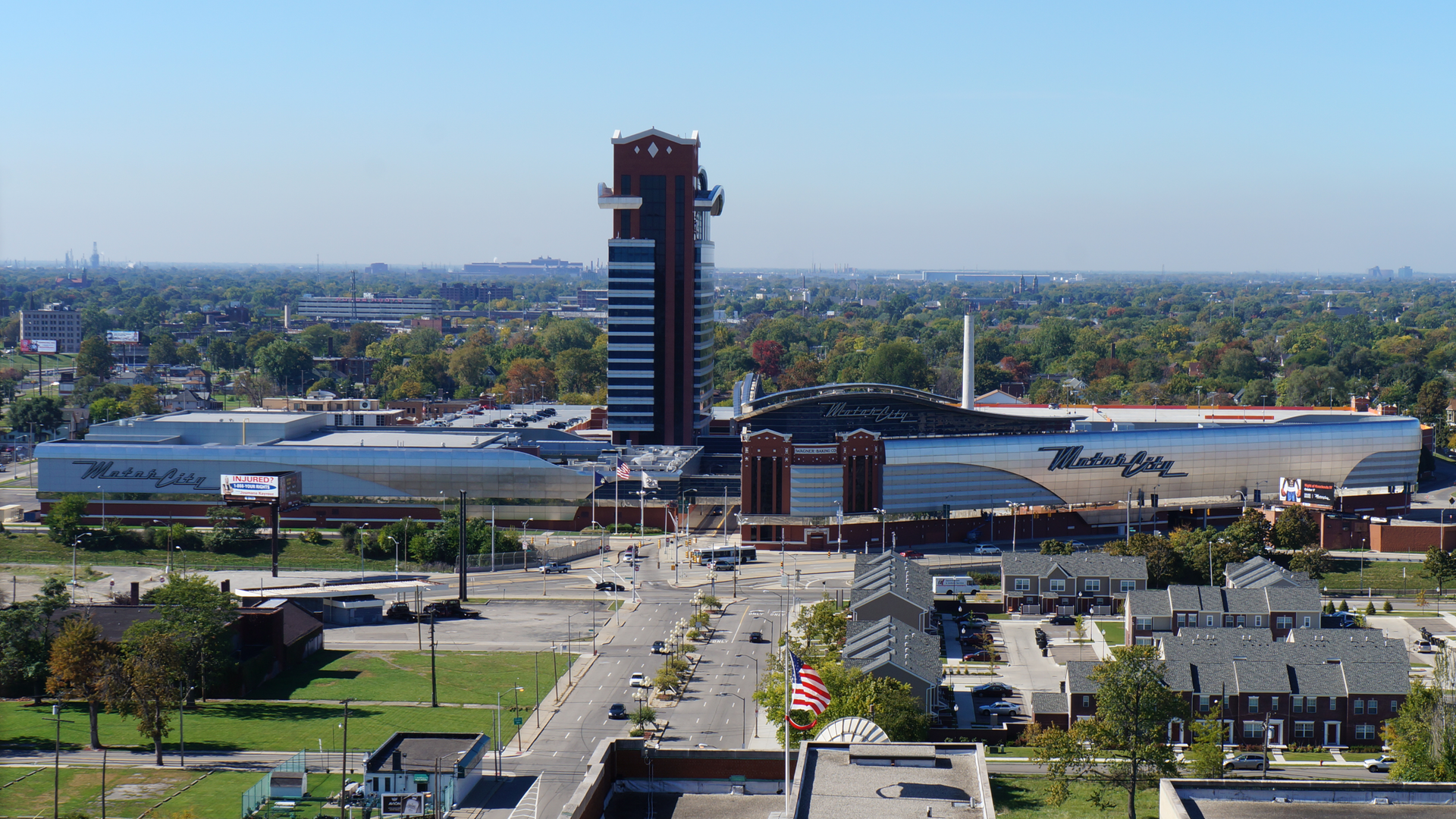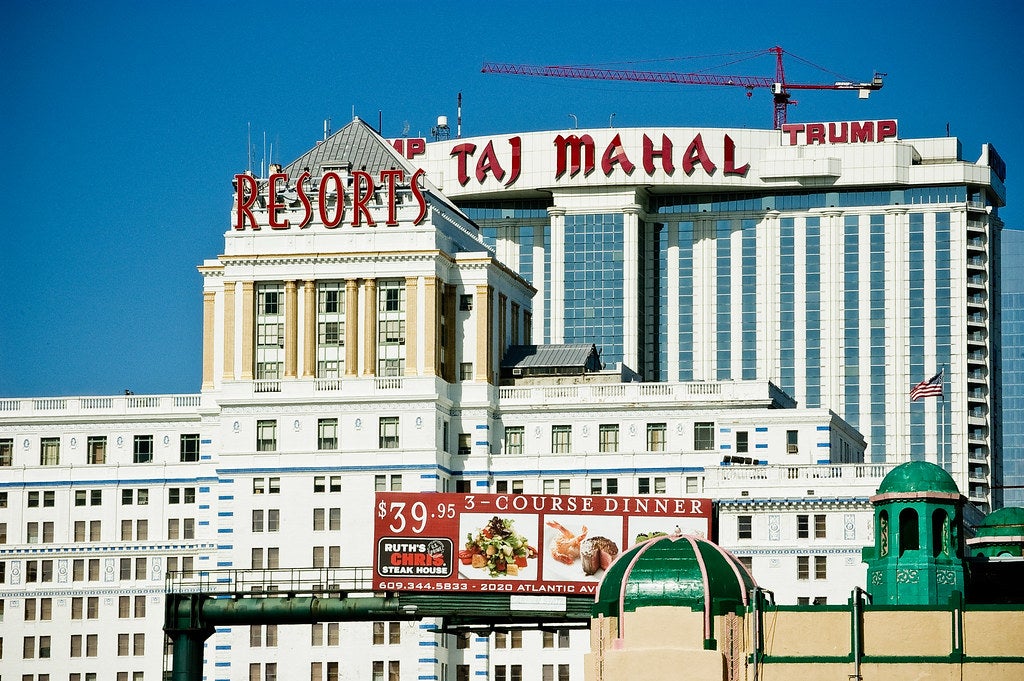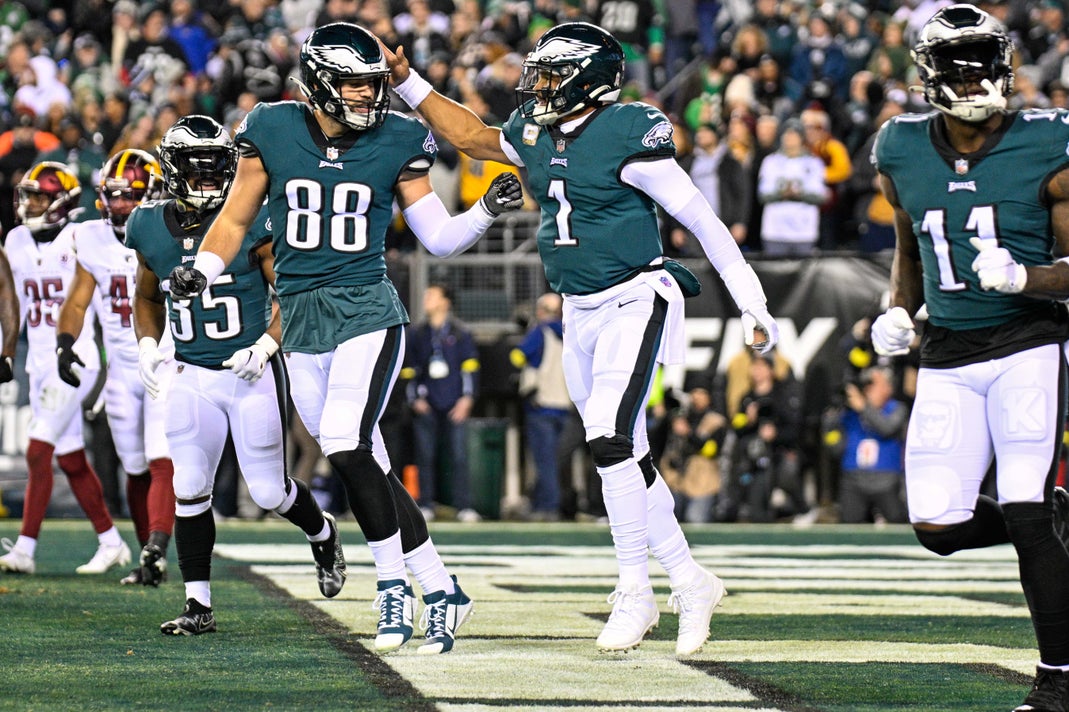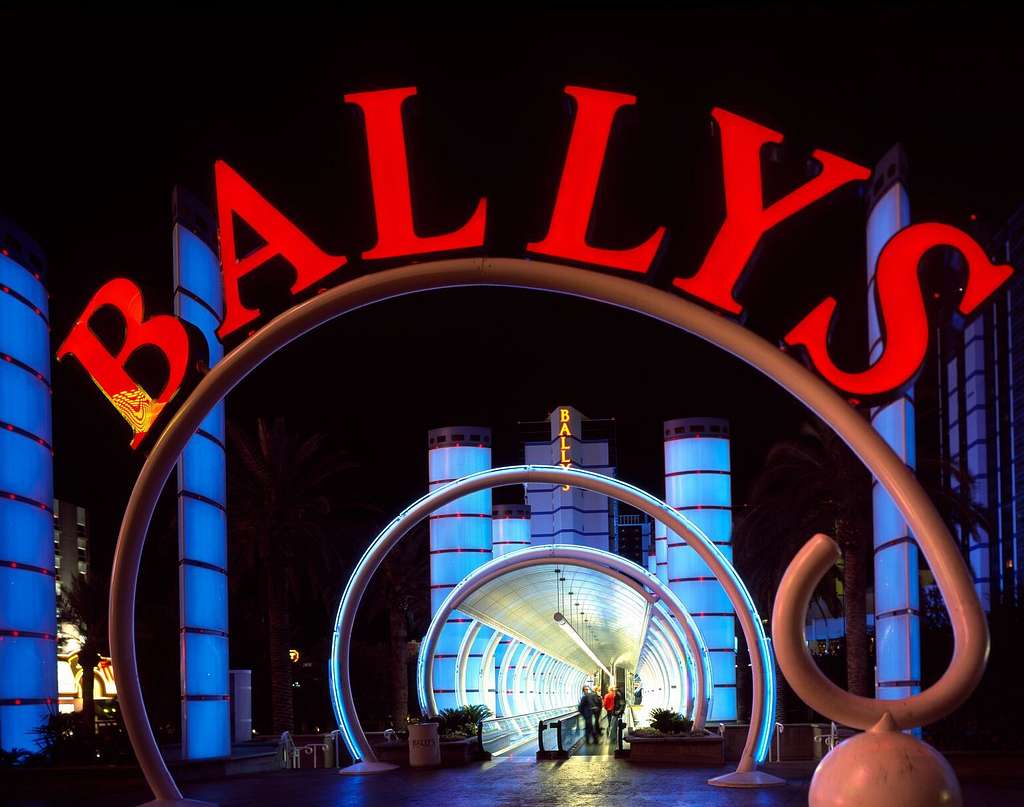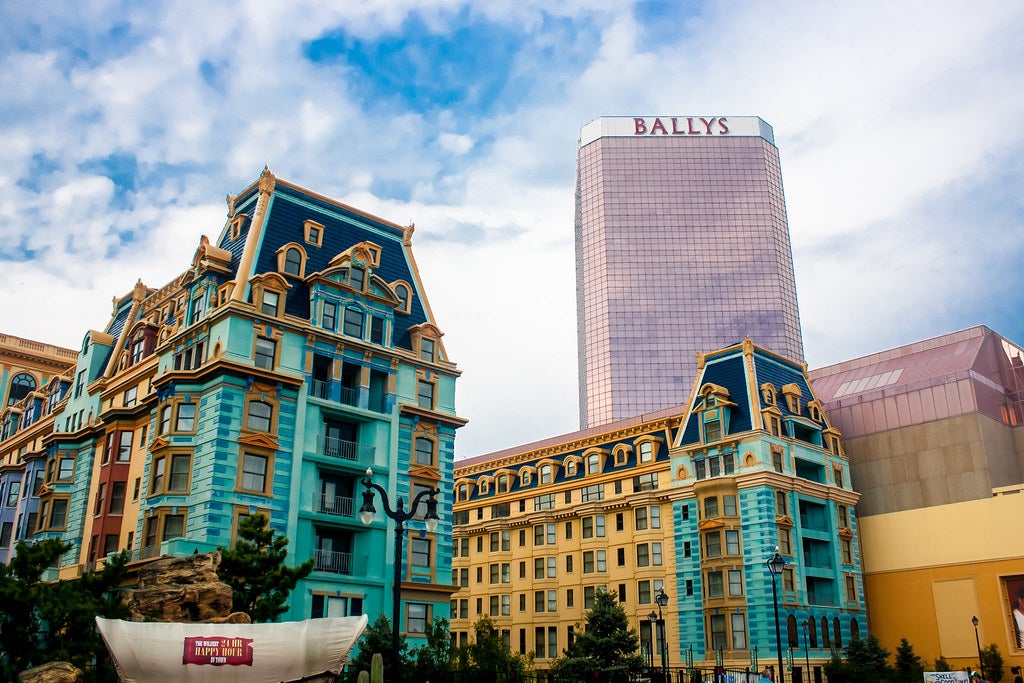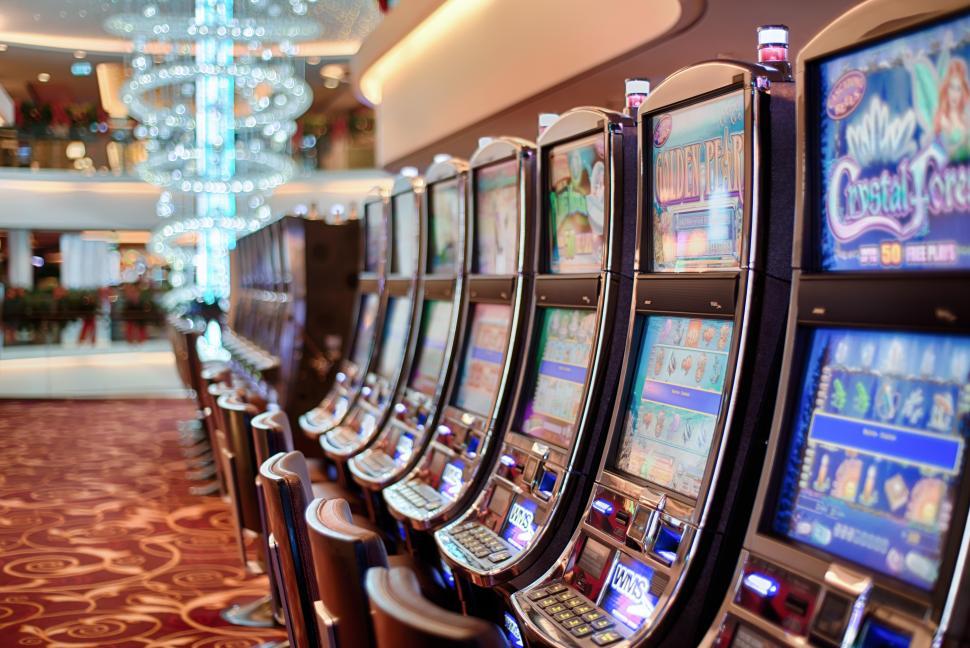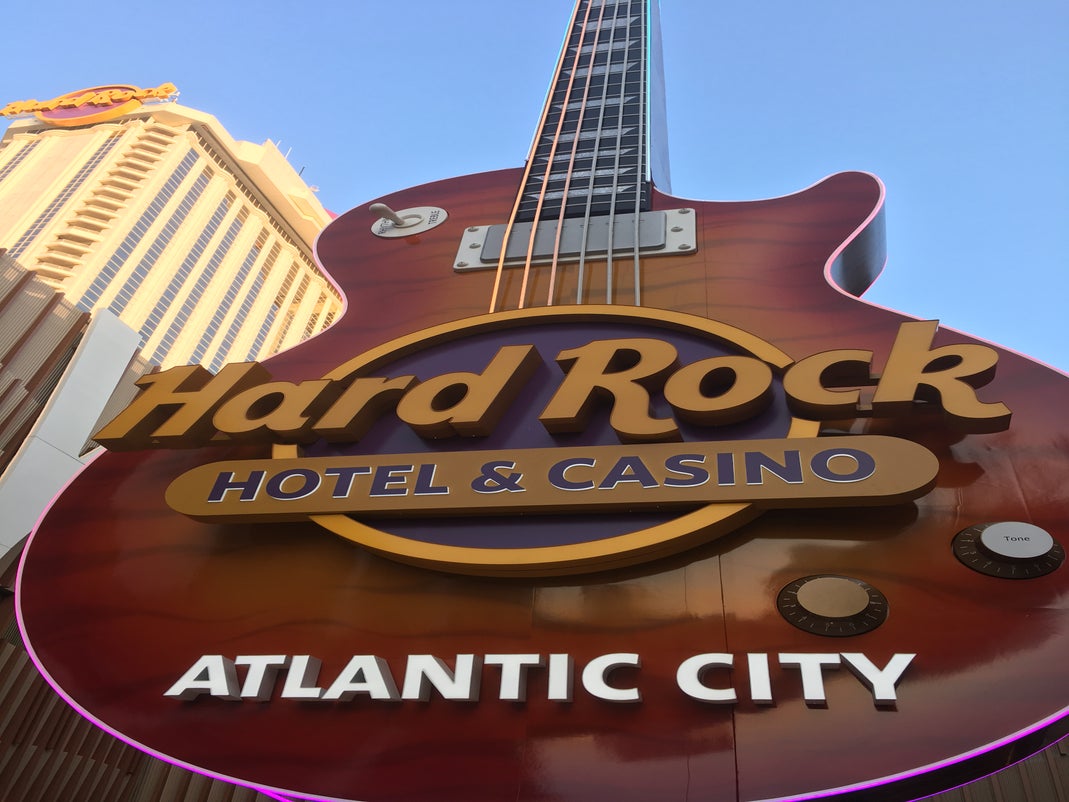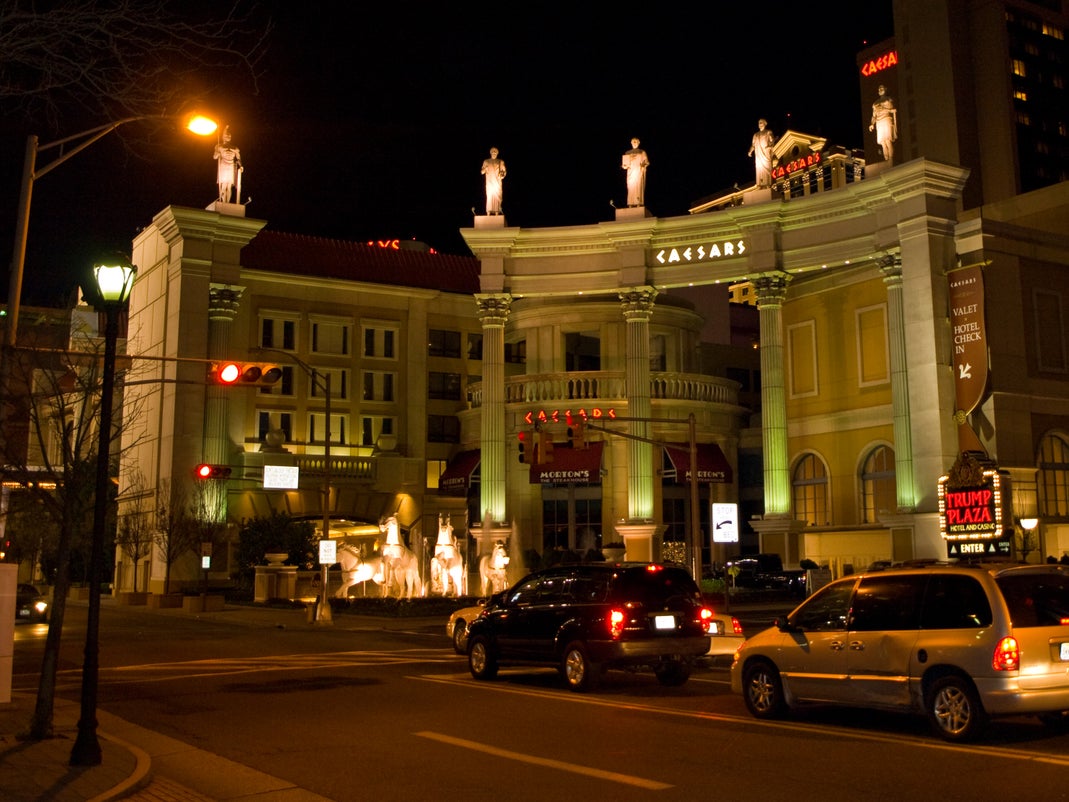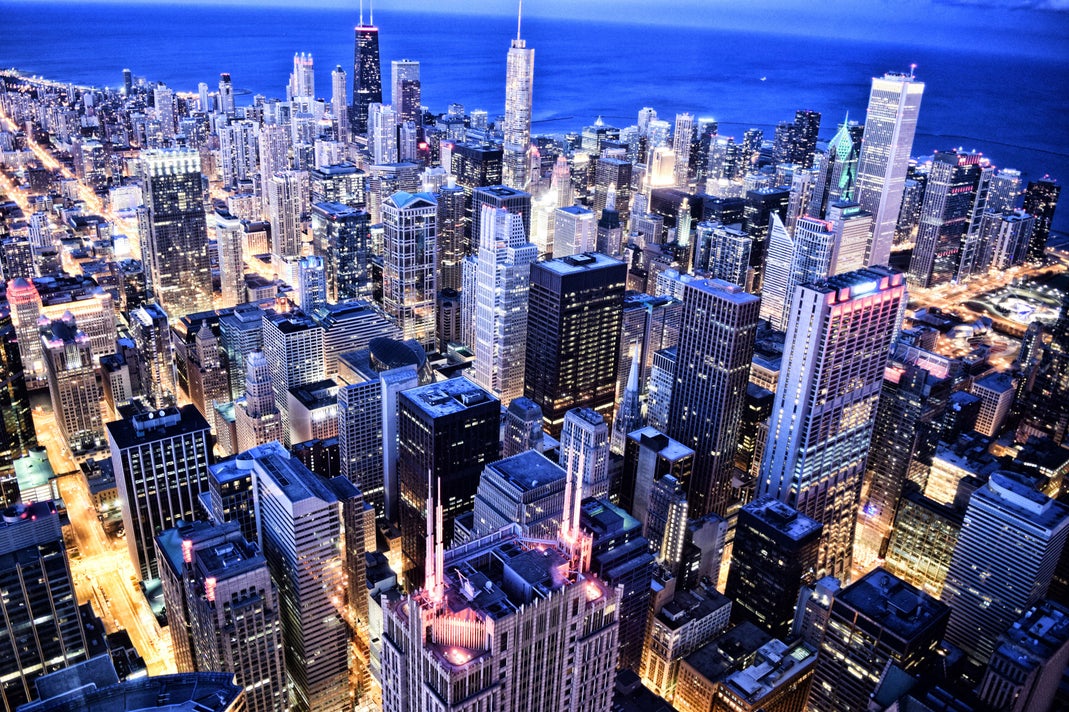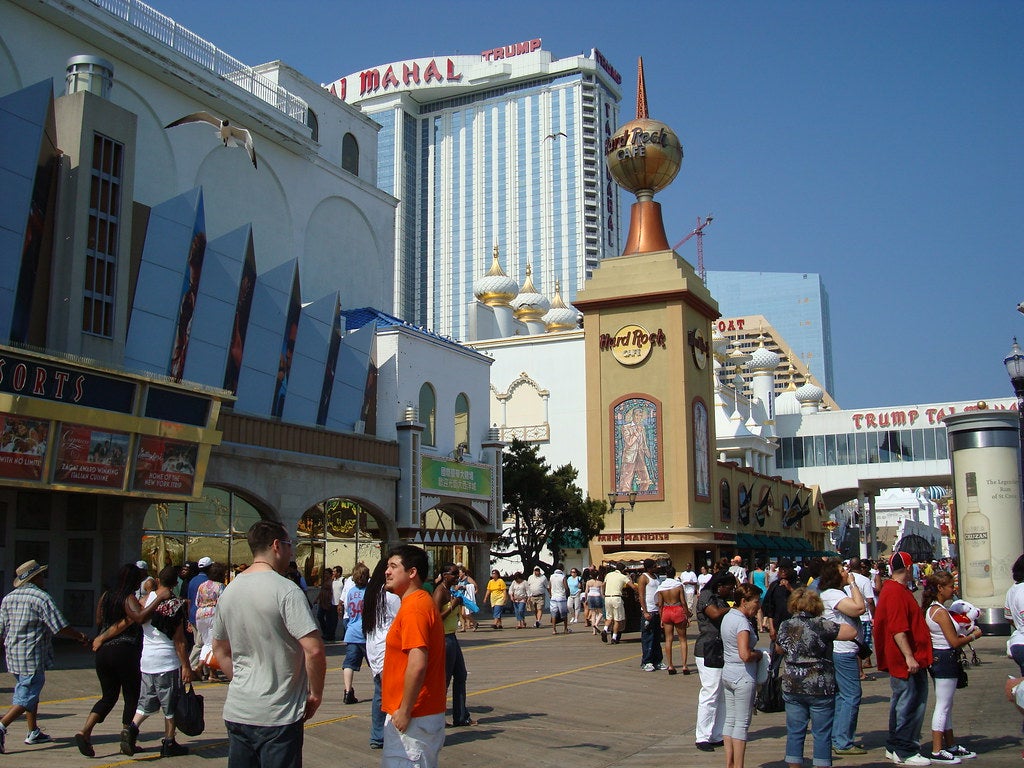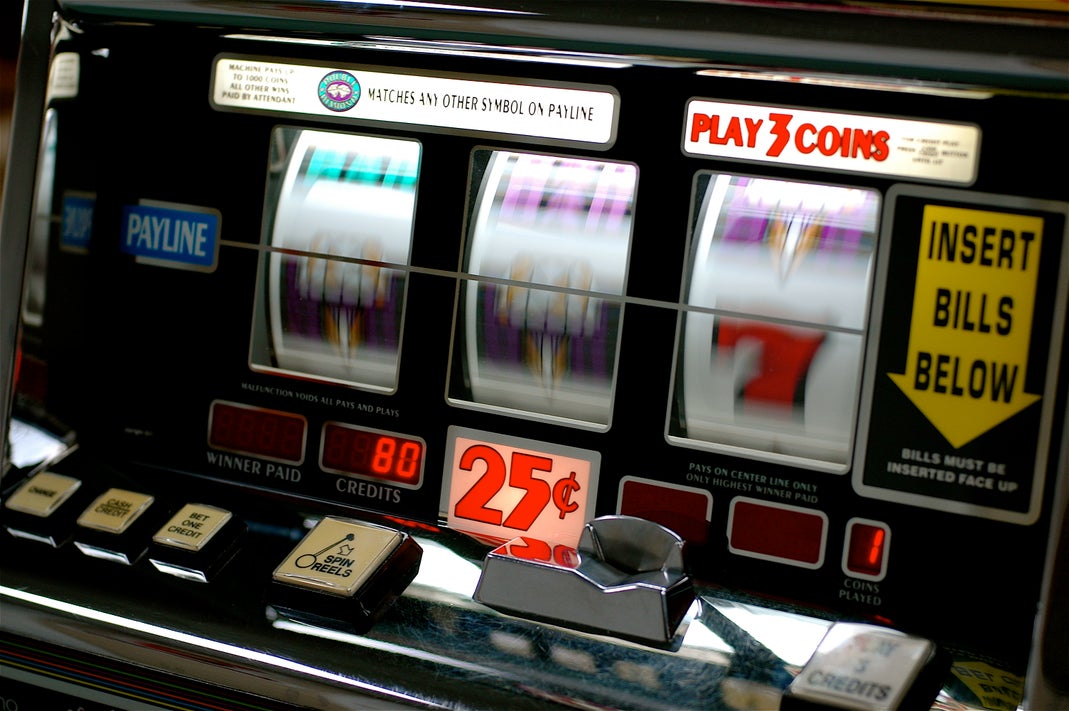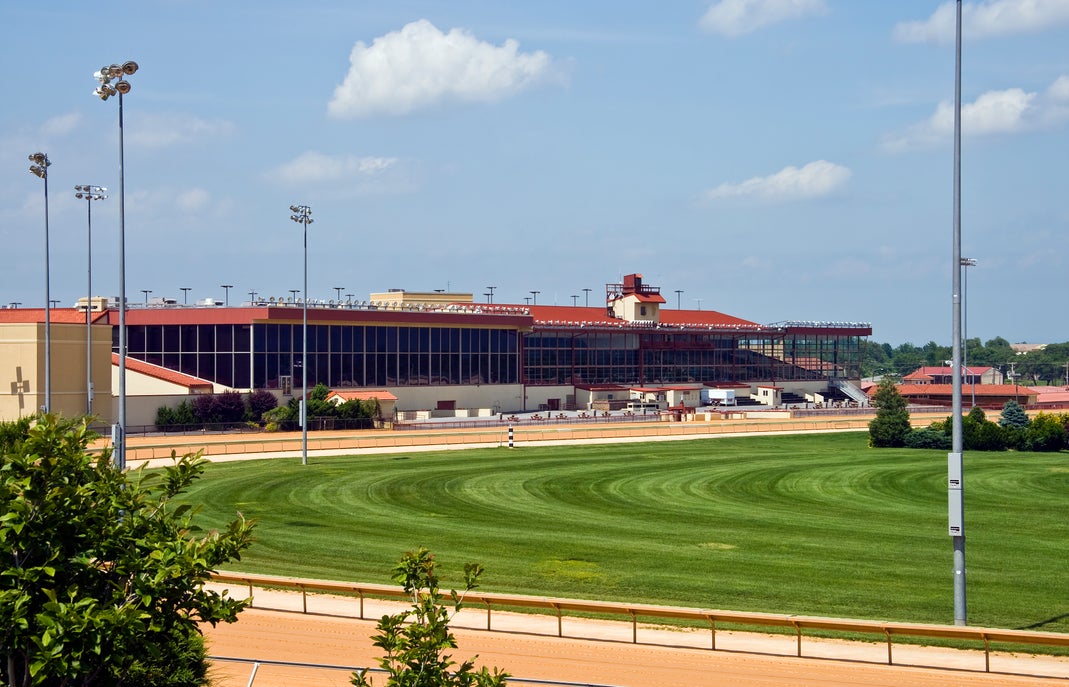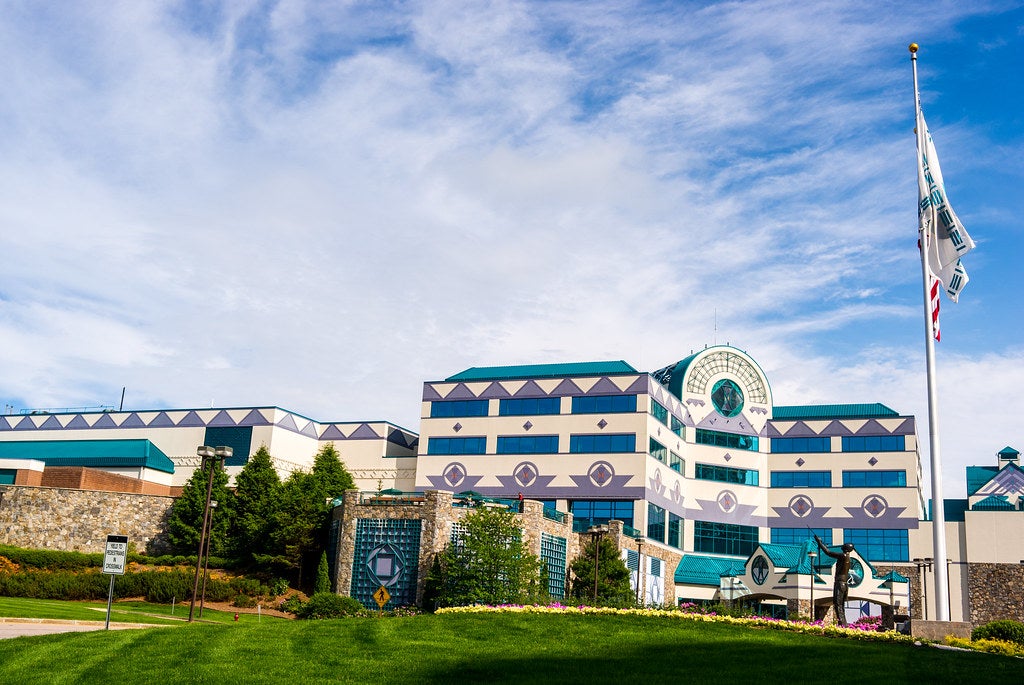Follow the money
The MGCB revealed that MGM Grand City, Motor City Casino, and Hollywood Casino at Greektown, all of which are in the urban city center of Detroit, accounted for $99.8 million of the gaming taxes collected by the state.
Sports betting at the casinos contributed another $655,000 to the total.
Online gaming through individual operators and tribal casinos partnered with iGaming commercial operators generated $388.5 million in tax funding. Mobile sports betting added $12.9 million, while Daily Fantasy Sports supplied the final $297,000, leading to a total of $501.4 million.
Michigan casinos and sportsbooks are taxed at a rate of 8.4 percent of adjusted gross sports betting revenue. Michigan online casino operators pay a 20 percent tax on revenue below $4 million, 22 percent on anything at $4 million or above up to $8 million, and 24 percent on totals at or beyond $8 million.
The MGCB sends gaming taxes to the state legislature primarily for the benefit of improving the state’s public educational system via the Michigan School Aid Fund.
Public improvements
In addition to addressing public education, Michigan allocated its gaming taxes in amounts of $4 million to the First Responder Presumed Coverage Fund, $3.75 million to the MGCB’s “Don’t Regret the Bet” campaign, $3.7 million to the Agriculture Equine Industry Development Fund, and $3 million to the state’s Compulsive Gambling Prevention Fund.
Michigan’s gaming performances earned it the title of the fourth-richest legal gambling state in America. Only Nevada, New Jersey, and Pennsylvania could say their gaming market generated more revenue.
“As we look back on another successful year, I am proud of the significant impact the Michigan Gaming Control Board continues to have on our state and its residents,” said MGCB Executive Director Henry Williams. “From supporting education and first responders to tackling illegal gambling, the MGCB remains steadfast in its mission to protect consumers and enhance the public good.”
Michigan’s market outperformed most others in part because of its hold on the online casino market and the lack of available iGaming options in other states.
Following the boom of legal sports betting in the wake of the 2018 PAPSA decision, it will be worth monitoring the progression and legalization of online casinos in states across the country.


